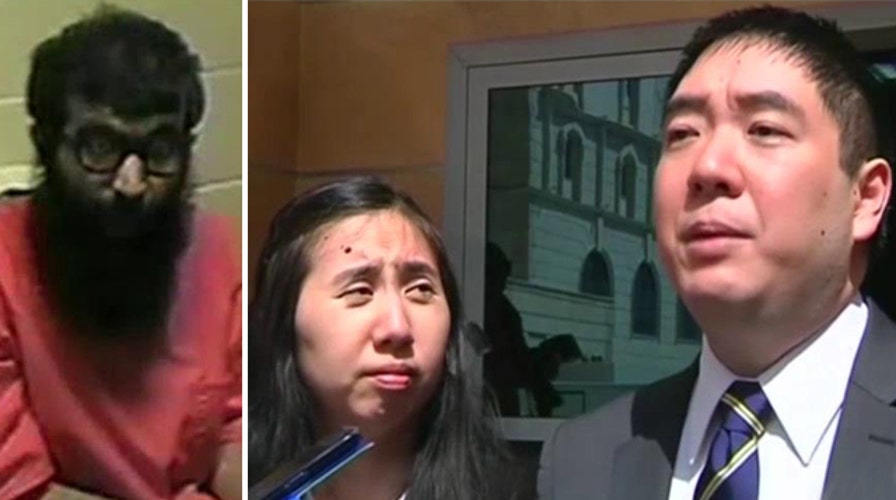Over the last several decades, there has been a long tradition of U.S. foreign policy officials making clear to our friends and enemies that we do not negotiate with terrorists. The customary belief from national security experts is that negotiating with the bad guys in any way will encourage more bad guys and more bad behavior.
It is a difficult policy, to be sure, if your loved one is taken hostage by Al Qaeda, the Taliban or ISIS or any other group. After all, family members of hostages will do almost anything to see their loved ones returned home. But experts are almost unanimous in their belief that the overall U.S. government policy should stand unequivocally against prisoner swaps for hostages and negotiations with our enemies.
Sadly, the bad guys now know there can be a reward for having something the U.S. wants. They know what they need to do in order to get the attention of President Obama and his national security team.
The Obama administration, however, while periodically claiming it doesn’t negotiate with terrorists, has done it.
Sadly, the bad guys now know there can be a reward for having something the U.S. wants. They know what they need to do in order to get the attention of President Obama and his national security team.
President Obama personally confirmed his negotiation and prisoner swap from the White House Rose Garden in May of 2014: “I'm also grateful for the tireless work of our diplomats, and for the cooperation of the government of Qatar in helping to secure Bowe’s release. We've worked for several years to achieve this goal, and earlier this week I was able to personally thank the Emir of Qatar for his leadership in helping us get it done. As part of this effort, the United States is transferring five detainees from the prison in Guantanamo Bay to Qatar.”
Putting aside the atrocious negotiating skills of Team Obama for agreeing to trade five Taliban operatives for one American soldier, whose platoon mates believe he deserted them, the message President Obama sent to our enemies is that the U.S. is willing to ignore decades of previous U.S. policy and talk about deals and swaps. Sadly, the bad guys now know there can be a reward for having something the U.S. wants. They know what they need to do in order to get the attention of President Obama and his national security team.
This terrible decision is the Obama legacy. We are sliding down the slope that the Obama administration keeps greasing.
This week, Jamie Kirchick and Shane Harris of The Daily Beast went public with the latest troubling sign of Obama’s weak negotiating skills and precedent-setting Rose Garden announcement: A Qatari lawyer meeting in then-U.S. Ambassador to Qatar Susan Ziadeh’s office in Doha floated the idea of a different prisoner swap. The lawyer suggested that Qatar and the U.S. exchange an Al Qaeda operative for Americans Matt and Grace Huang, an evangelical Christian couple falsely accused in the death of their adopted daughter and imprisoned in Doha.
Kirchick and Harris wrote, “The proposed swap involving the Al Qaeda agent, Ali Saleh Al-Marri, raises troubling questions about whether the Bergdahl trade opened a kind of Pandora’s box, signaling to foreign governments that they can pressure the United States to make concessions on terrorism by trading American prisoners abroad for dangerous extremists held in the United States.”
The Huangs were released by Qatari officials last month, and Al-Marri was released from a U.S. prison this month.
The State Department is denying that they engaged on the Qatari lawyer’s swap proposal, saying it never negotiated Al-Marri for the Huangs. U.S. officials say Al-Marri was released for good behavior. But the precedent for public hostage trades and swaps is clear, and President Obama’s own words are to blame. It is his legacy.

